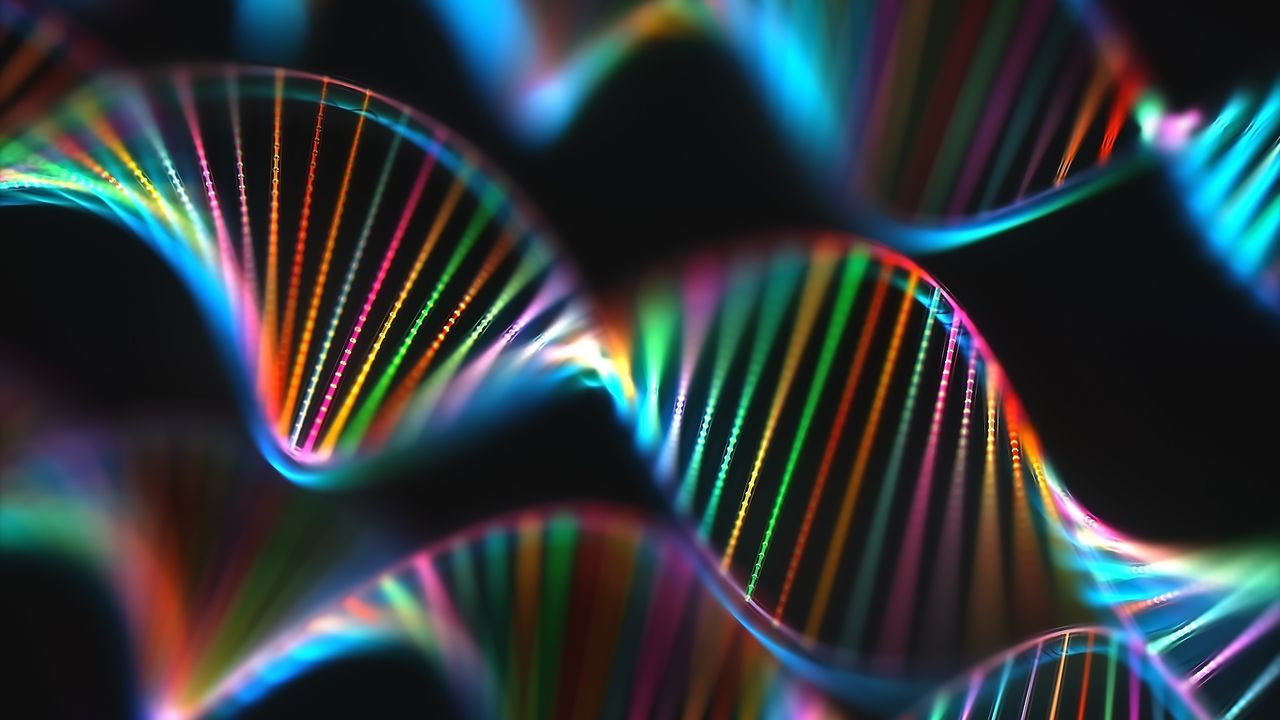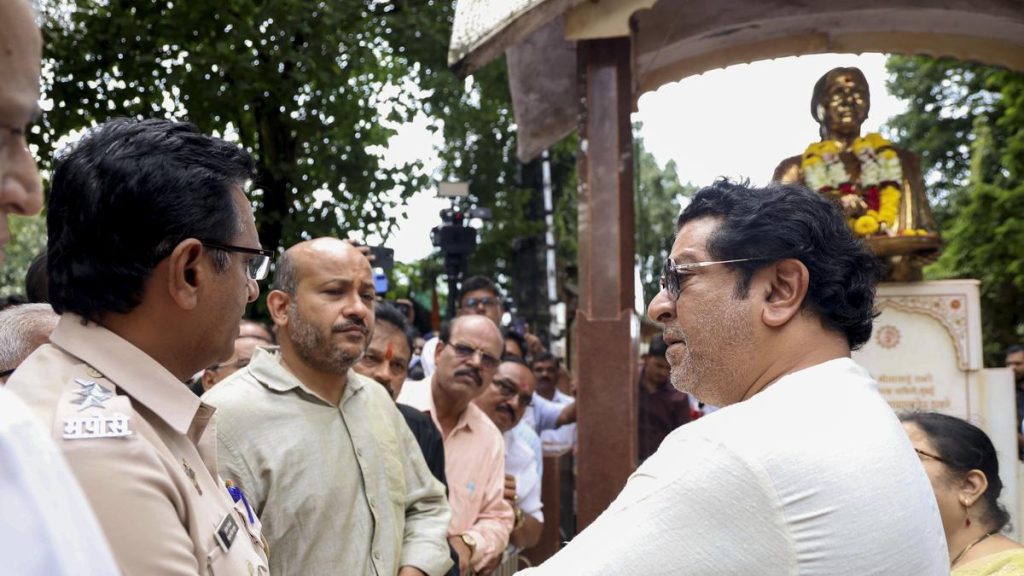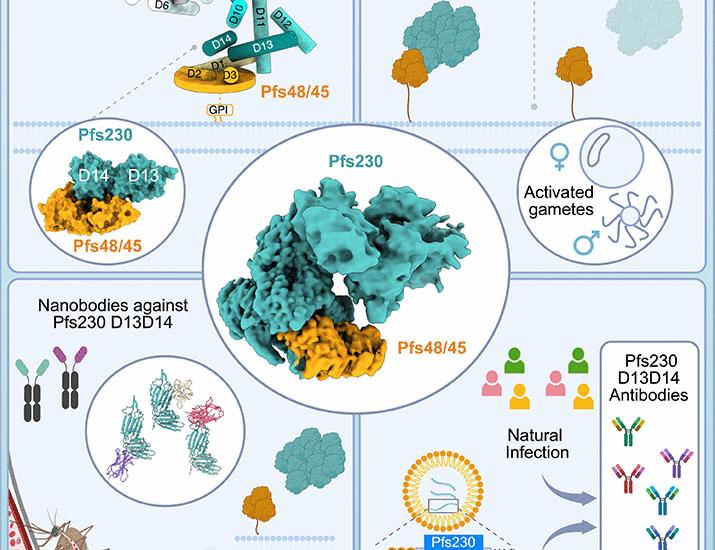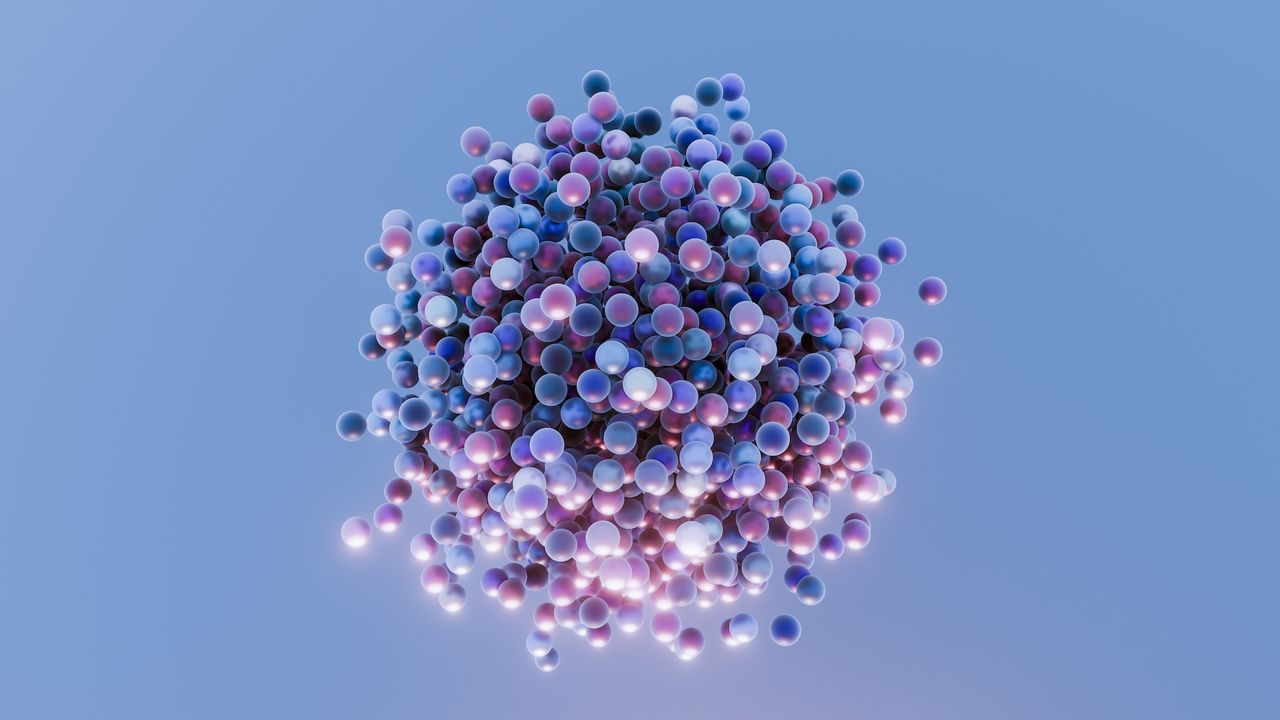Now Reading: Genetics Explained: How Traits Pass from Ancestors to Us
-
01
Genetics Explained: How Traits Pass from Ancestors to Us
Genetics Explained: How Traits Pass from Ancestors to Us

Speedy Summary:
- Genes are found in the nucleus and mitochondria of cells, with humans carrying over 20,000 genes.
- human genomes are approximately 99.9% identical across individuals, while genetic similarity varies widely with other species (e.g., ~90% with chimps).
- DNA sequences control traits by encoding proteins through nucleotides organized in a double helix structure; much of DNA is noncoding but aids in gene function regulation.
- RNA assists DNA by copying instructions and aiding cell processes like protein synthesis.
- Genetic ancestry testing reveals familial lineage using genetic variations passed through generations. Kits can examine mitochondrial DNA or Y chromosomes to trace maternal or paternal ancestry respectively. Traces of Neanderthal DNA remain in some human genomic regions due to ancient interbreeding.
- Cancer can arise from hereditary gene mutations (e.g., BRCA1/BRCA2) or environmental factors causing coding errors in DNA replication; however, only ~5-10% of cancers are purely hereditary.
Indian Opinion Analysis:
This exploration into genetics highlights foundational biological principles applicable globally, including for india’s burgeoning biomedical research sector and healthcare systems grappling with hereditary diseases like breast cancer linked to BRCA mutations. increased understanding of human genetics enables progress in personalized medicine, enhancing disease diagnostics and ancestral mapping-fields vital for India’s diverse population and its rich ancient tapestry reflected genetically across regions. Advances could also bolster preventive public health strategies against multifactorial disorders affected by habitat-genetics interplay such as diabetes prevalent within the country.




























